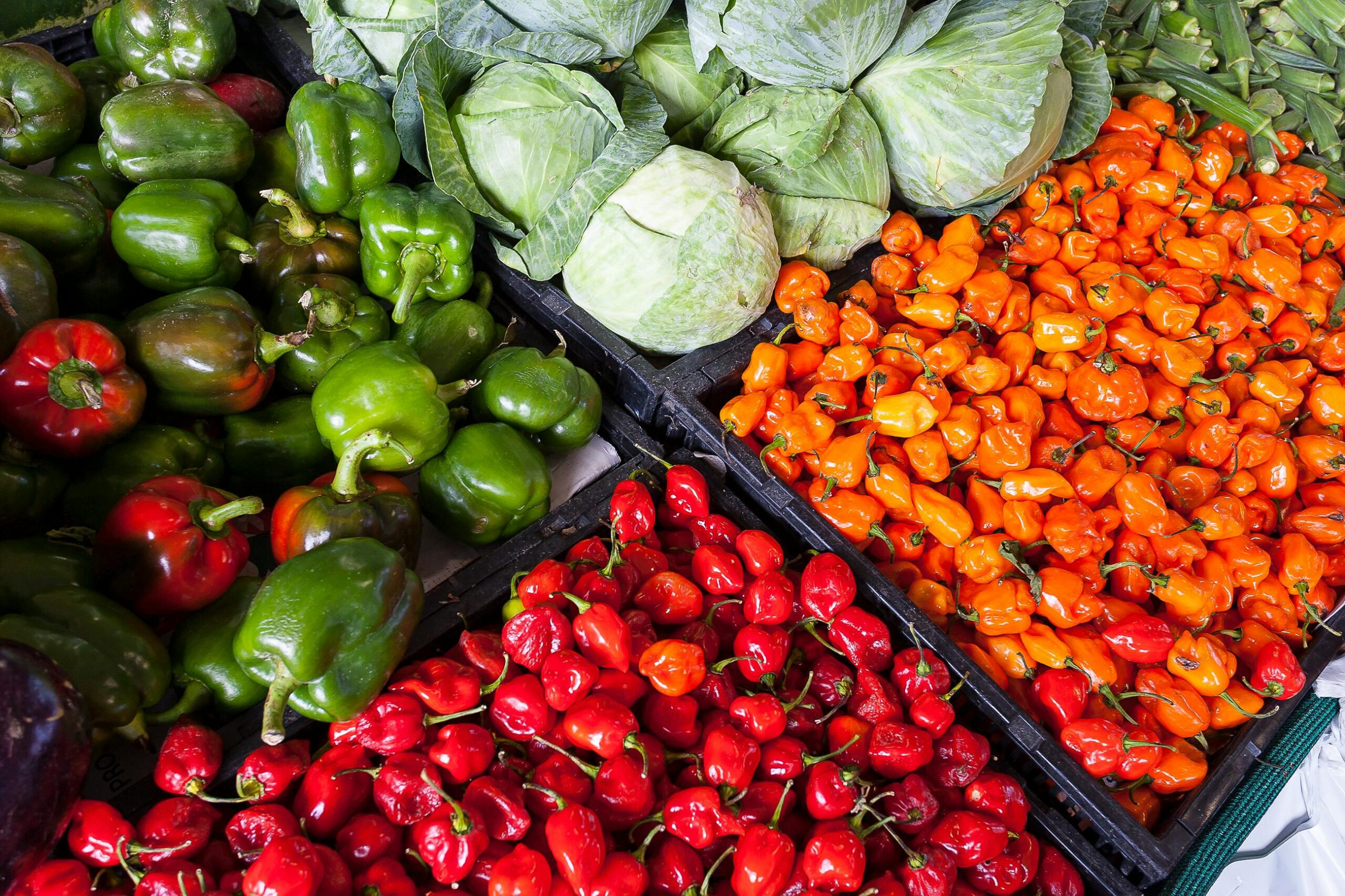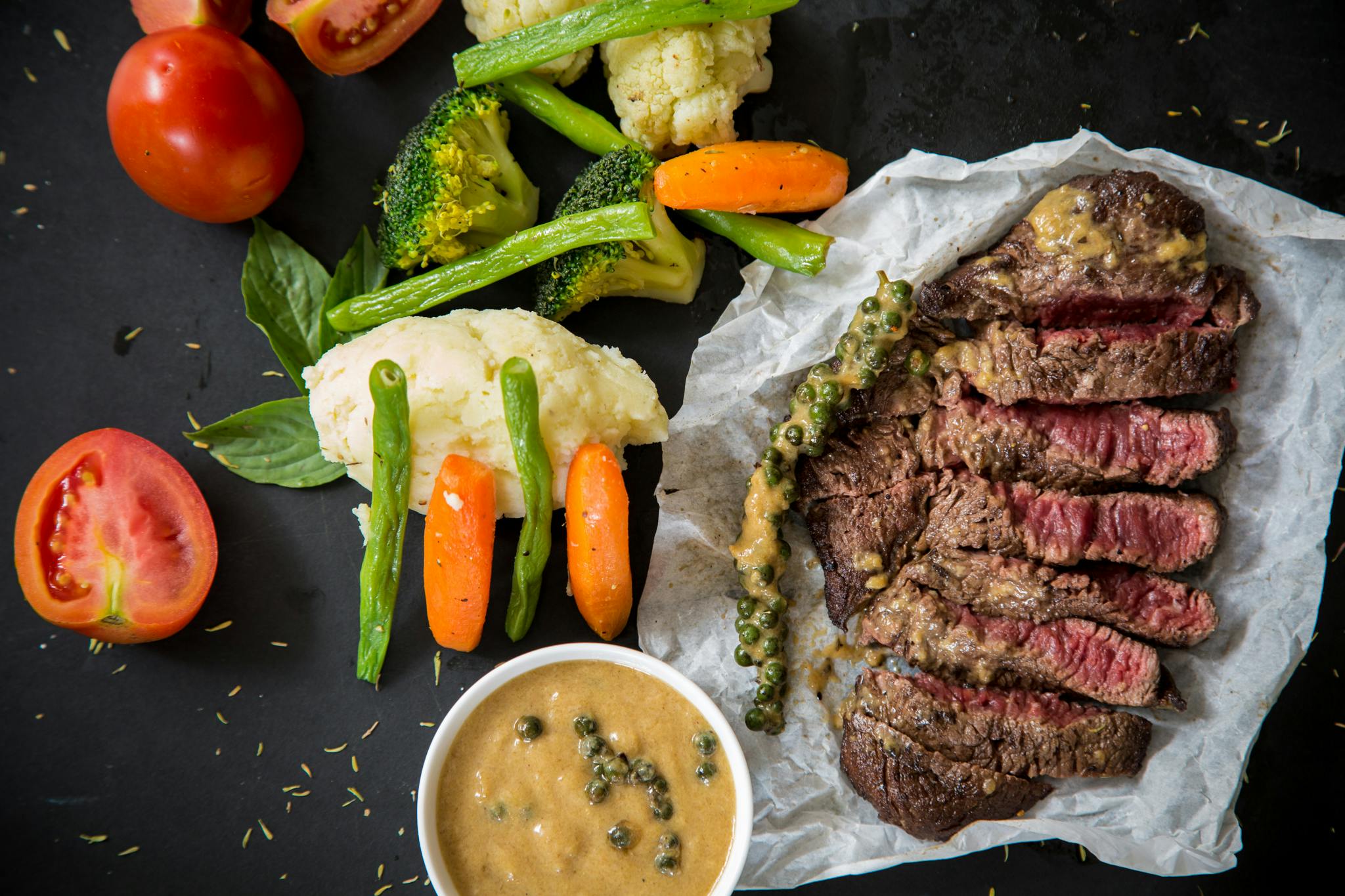
Looking to maintain peak health and performance? A balanced diet with these five foods-each making up about 20% of your intake-can help you stay strong, energized, and resilient:
Fish: Rich in high-quality protein and omega-3 fatty acids, fish supports heart and brain health, reduces inflammation, and may lower the risk of cardiovascular disease and all-cause mortality. Harvard researchers found that eating fish once or twice a week can reduce the risk of stroke, depression, and Alzheimer’s disease¹.
Rice: As a staple grain, rice provides easily digestible carbohydrates for sustained energy. It is naturally gluten-free and a source of B vitamins, essential for metabolism and nervous system health².

Meat: Lean meats deliver complete proteins, iron, zinc, and B vitamins, all vital for muscle building, immune support, and energy. Consuming moderate amounts of lean meat aids muscle recovery and overall strength, especially for active individuals³.
Vegetables: Packed with fiber, vitamins, minerals, and antioxidants, vegetables help regulate digestion, support heart health, and protect against chronic disease. Green leafy vegetables, in particular, are excellent sources of micronutrients and phytochemicals that promote long-term health⁴.
Milk: Dairy is a powerhouse for calcium, vitamin D, and protein, supporting bone health, muscle repair, and hydration. Research from the University of Kansas Medical Center found that adults who drink three cups of dairy milk daily can boost brain antioxidant levels, potentially enhancing cognitive function⁵.
Tip: For optimal results, aim for a balanced plate-each food group should make up roughly 20% of your daily intake. This variety ensures you get the full spectrum of nutrients needed for health and athletic performance.

This article was written by the founder of amvnutrition.com, Anna-Maria, who is a registered sports nutritionist (practitioner registrant, SENr, BDA, INDI) and a sports scientist (EIMGreece). Anna-Maria has worked with a variety of different athletes and active individuals, she is an excellent communicator and she always finds appropriate and comforting ways to helps each individual she works with. You can see more of Anna-Maria’s background here.
References
Mozaffarian, D., Rimm, E.B. (2006). Fish Intake, Contaminants, and Human Health: Evaluating the Risks and the Benefits. JAMA, 296(15):1885-1899. Harvard T.H. Chan School of Public Health. DOI: 10.1001/jama.296.15.1885
Slavin, J.L., Lloyd, B. (2012). Health Benefits of Rice. Nutrition Today, 47(6):271–277. DOI: 10.1097/NT.0b013e3182783bcb
McNeill, S.H. (2014). Inclusion of red meat in healthful dietary patterns. Meat Science, 98(3):452-460. DOI: 10.1016/j.meatsci.2014.06.028
Boeing, H., Bechthold, A., Bub, A., et al. (2012). Critical review: vegetables and fruit in the prevention of chronic diseases. European Journal of Nutrition, 51(6):637-663. DOI: https://link.springer.com/article/10.1007/s00394-012-0380-y
Lee, J., Fu, Z., Chung, M. et al. Role of milk and dairy intake in cognitive function in older adults: a systematic review and meta-analysis. Nutr J 17, 82 (2018). DOI: https://nutritionj.biomedcentral.com/articles/10.1186/s12937-018-0387-1



